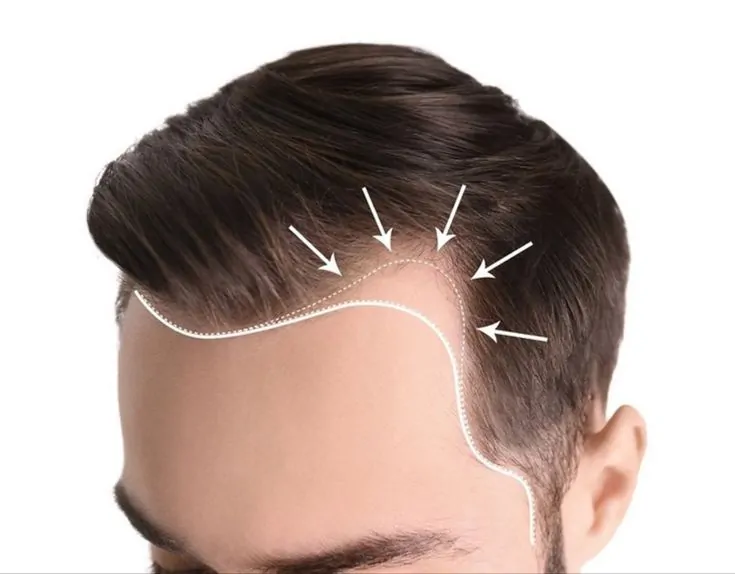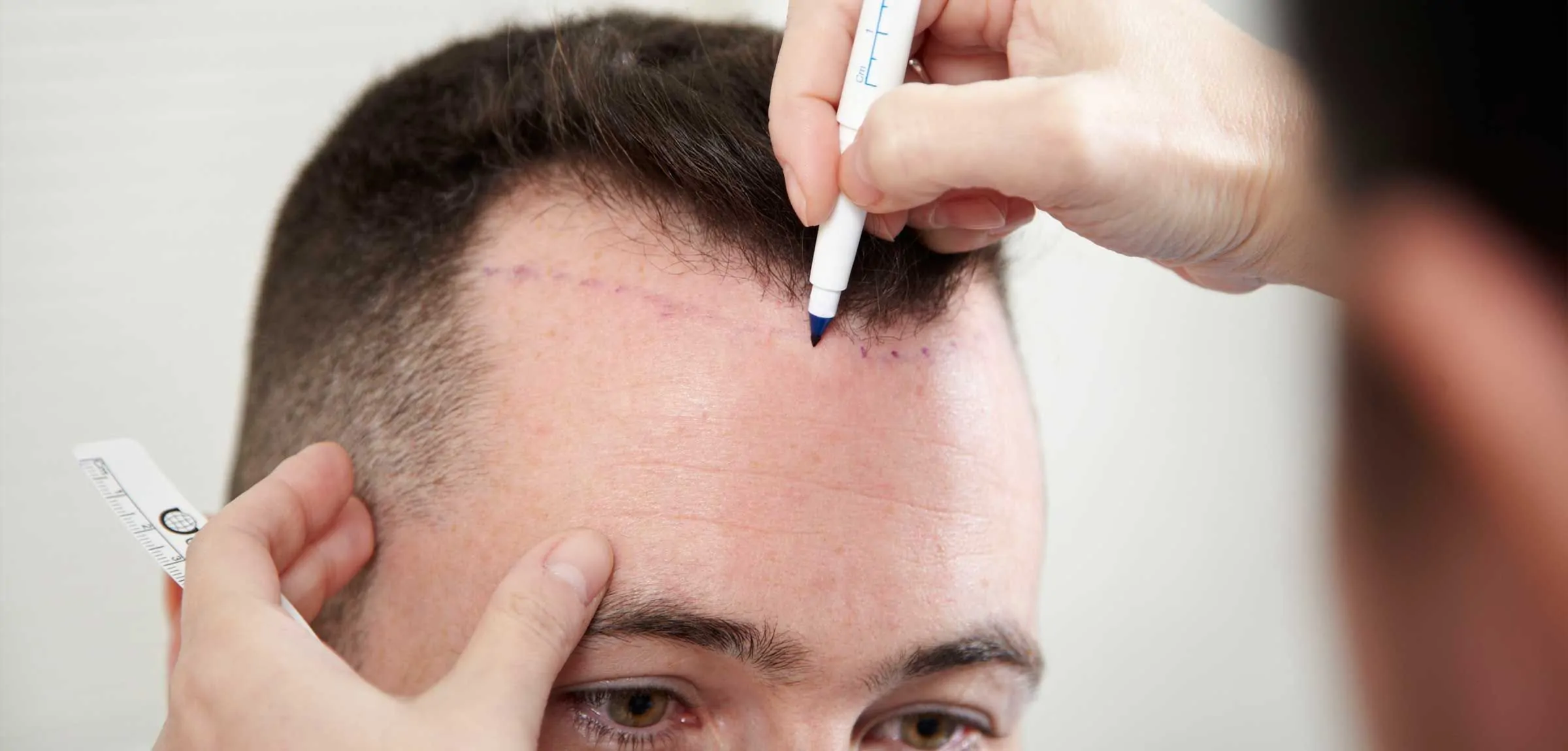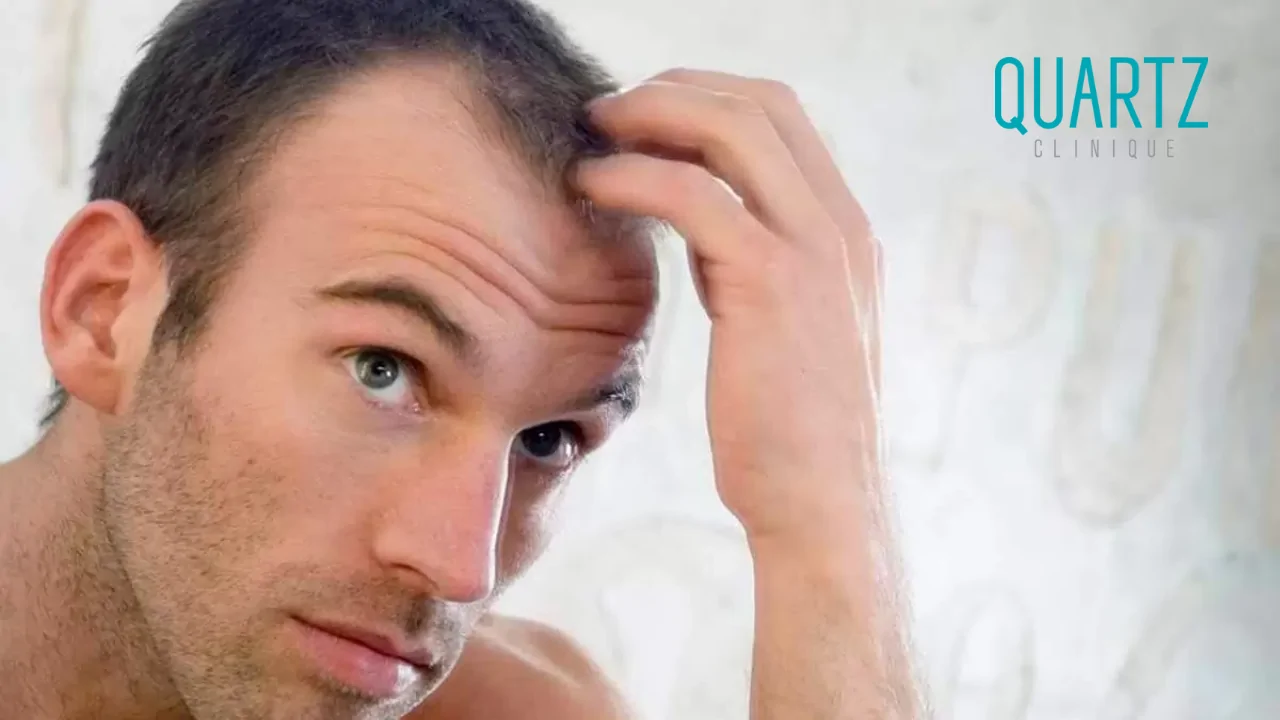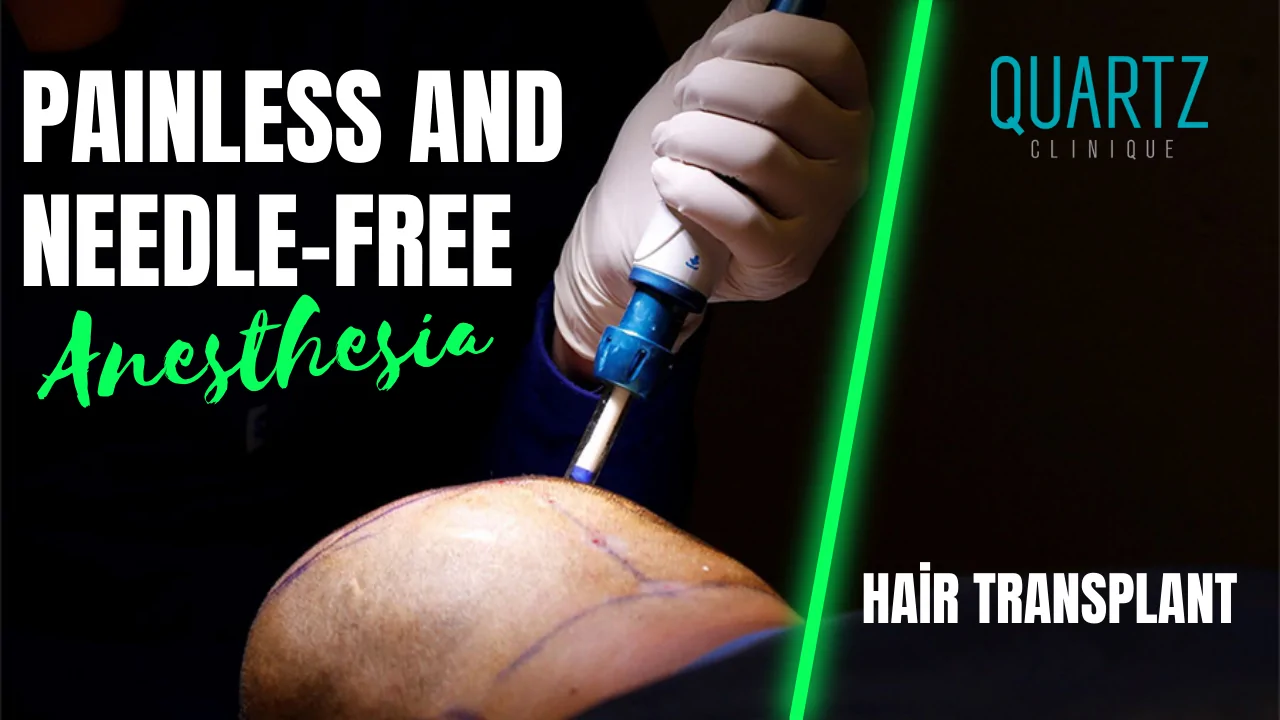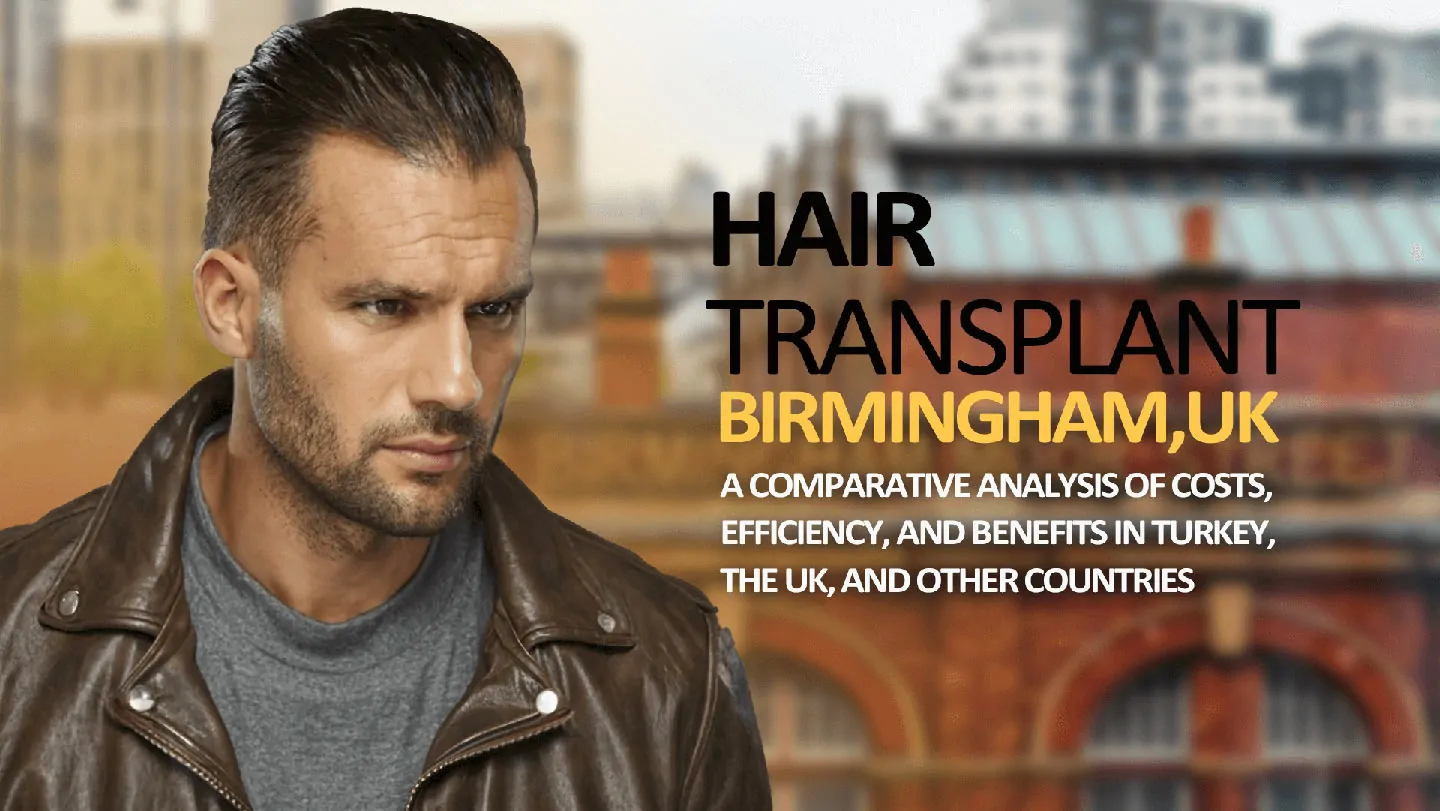
Energy Drinks Cause Hair Loss?
Energy drinks have become increasingly popular among individuals seeking a quick boost of energy and mental alertness. However, recent discussions and studies have raised concerns about a potential link between energy drink consumption and hair loss. Could your favorite can of energy drink actually be contributing to thinning hair? Let’s explore the facts.
Do Energy Drinks Cause Hair Loss?
While there is no definitive scientific proof that energy drinks directly cause hair loss, some research suggests there may be a correlation between frequent consumption of sweetened energy beverages and increased risk of hair loss.
A 2023 study published in the journal Nutrients found that men who consumed more than one sweetened drink per day were 42% more likely to experience hair loss compared to those who did not. Interestingly, this increased risk was observed even in sweetened drinks without caffeine, indicating that sugar content may play a more critical role than caffeine itself.
Why Might Energy Drinks Be Linked to Hair Loss?
There are a few theories about how energy drinks could negatively impact hair follicle health:
- High sugar content can cause inflammation throughout the body, potentially damaging hair follicles and disrupting the natural hair growth cycle.
- Caffeine overload in energy drinks can interfere with sleep quality and hormone regulation, both of which are essential for healthy hair growth.
- Nutrient imbalance — frequent consumption of energy drinks can replace healthier food and beverage choices, depriving the body of essential vitamins and minerals needed for hair health.
Important Note: Correlation Doesn’t Mean Causation
It’s important to remember that the study linking energy drinks to hair loss was observational. This means it cannot conclusively prove that energy drinks cause hair loss. Other factors such as genetics, stress, diet, and hormonal changes may also contribute to the observed association.
Nevertheless, experts agree that limiting your intake of energy drinks is beneficial not only for hair health but also for overall well-being.
How Energy Drinks May Affect Your Body (and Hair)
| Component in Energy Drinks | Possible Impact on Hair | Overall Health Effect |
|---|---|---|
| Sugar | May trigger inflammation and oxidative stress that harm follicles | Can lead to insulin resistance, obesity, and skin issues |
| Caffeine | Excessive intake may disrupt sleep and hormone balance | Can cause anxiety, dehydration, and heart palpitations |
| Artificial Additives | May increase oxidative stress, indirectly affecting scalp health | Linked with poor digestion and immune imbalance |
| Taurine & B-Vitamins | Can support energy metabolism but not directly linked to hair growth | Generally safe in moderation |
Tips to Prevent Hair Loss and Support Hair Health
Even if you occasionally enjoy energy drinks, you can take several steps to protect your hair health and reduce potential damage:
- Eat a balanced diet rich in fruits, vegetables, whole grains, and lean proteins.
- Get enough sleep to support cell regeneration.
- Manage stress through exercise, meditation, or hobbies.
- Avoid smoking and limit alcohol consumption.
- Stay hydrated — water is essential for scalp and follicle health.
- Consult a doctor if you notice unusual or accelerated hair loss.
Your doctor can help identify the underlying cause and recommend treatments such as minoxidil (Rogaine), finasteride (Propecia), or PRP therapy to promote regrowth.
Caffeine and Hair Growth: Friend or Foe?
Interestingly, caffeine is not entirely bad for hair.
Some studies suggest that caffeine can stimulate hair growth by prolonging the anagen (growth) phase of hair follicles.
However, this benefit is seen primarily with topical caffeine applications, not with consuming large amounts of caffeinated beverages.
Thus, the stimulating effects of caffeine in energy drinks may not be strong enough to counteract their potential negative effects on overall health and hair.
Expert Advice: Limit Energy Drink Consumption
Energy drinks can cause dehydration, anxiety, and even heart rhythm disturbances.
If you’re concerned about your hair and overall health, it’s best to limit or avoid these drinks entirely.
Choose natural alternatives like water, herbal teas, fresh juices, and balanced meals for sustained energy without compromising your hair health.
Frequently Asked Questions (FAQ)
Can energy drinks contribute to hair loss?
While some studies suggest a link, there is no conclusive proof that energy drinks directly cause hair loss.
Are there specific ingredients in energy drinks responsible for hair loss?
Hair loss is more often associated with genetics, hormonal changes, nutritional deficiencies, or medical conditions rather than a single ingredient.
Does excessive consumption affect overall hair health?
Yes. Energy drinks are high in sugar and low in nutrients, which can lead to poor overall health and indirectly affect hair strength and density.
Should I worry about caffeine in energy drinks?
Moderate caffeine consumption is safe for most people, but excessive intake may lead to dehydration and sleep disruption, both of which can impact hair health.
Can energy drinks worsen existing hair loss conditions?
Not directly, but they can contribute to overall stress and poor health, which may accelerate existing hair loss tendencies.
What are healthier alternatives to energy drinks?
Opt for water, coconut water, natural smoothies, or herbal teas. These provide hydration and essential nutrients beneficial for hair.
Which nutrients are important for hair health?
Vitamins A, C, D, E, Biotin, Zinc, Iron, and Omega-3 fatty acids are vital for maintaining healthy hair.
Can energy drinks lead to nutrient deficiencies?
Yes. Relying on energy drinks instead of balanced meals can cause deficiencies in essential nutrients required for hair growth.
How can I protect my hair if I still consume energy drinks occasionally?
Balance consumption with a nutritious diet, regular exercise, hydration, and proper scalp care. Avoid overuse and prioritize overall wellness.
What should I do if I’m already experiencing hair loss?
Consult a dermatologist or hair specialist to determine the underlying cause and explore personalized treatment options.
While energy drinks are not proven to cause hair loss, their excessive consumption may contribute to poor overall health — which in turn can negatively impact your hair.
Moderation is key: replacing energy drinks with nutrient-rich foods and healthy lifestyle habits will benefit not only your energy levels but also the health and vitality of your hair.
If you are experiencing noticeable hair thinning or shedding, consider visiting Quartz Hair Clinic in Istanbul, where our experts provide comprehensive diagnostic evaluations and advanced treatments for hair restoration.

